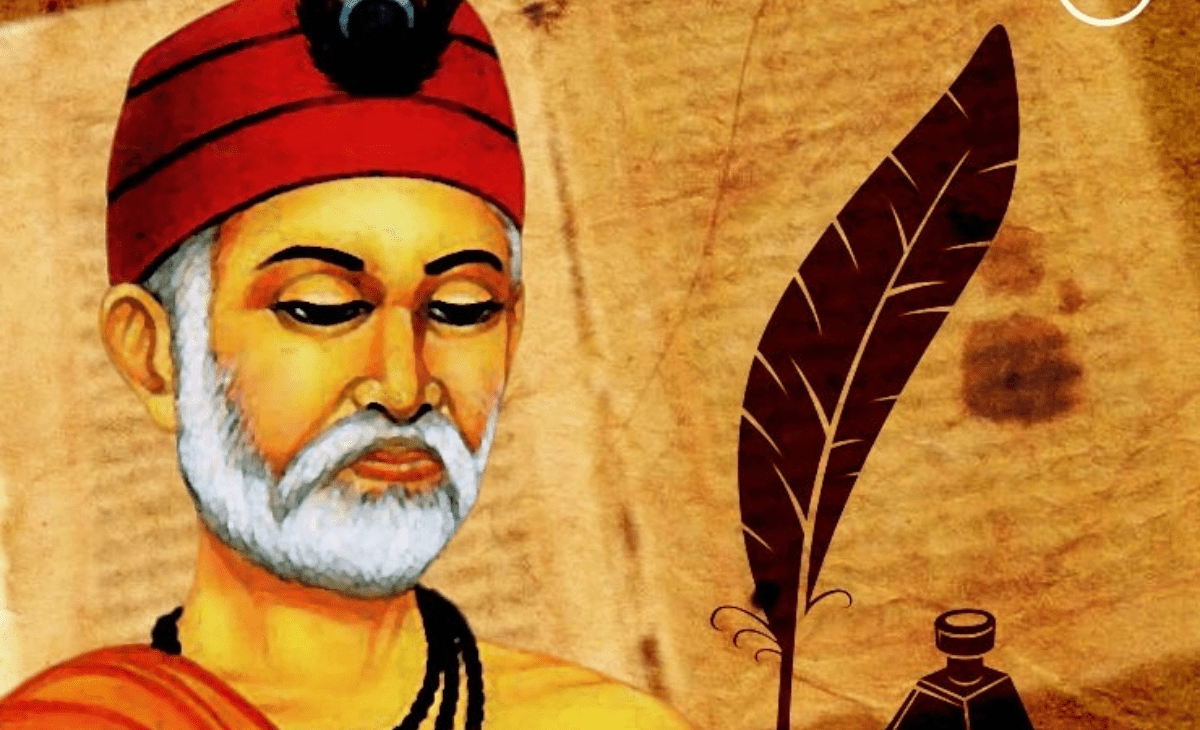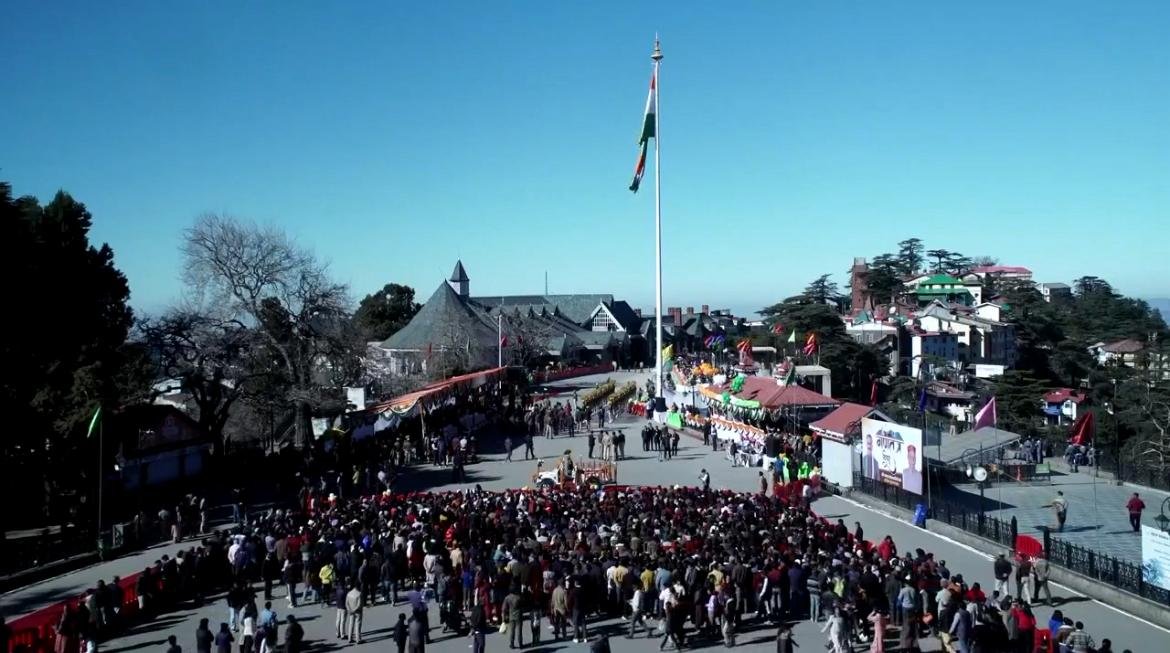Himani Sharma
Sant Kabir Das, one of the most profound voices of the 15th century, was not merely a poet but a spiritual revolutionary. Rejecting rituals, caste hierarchies and dogmatic religious practices, Kabir championed a path rooted in love, simplicity and introspection. His dohas —concise couplets rich in wisdom — hold timeless relevance, offering guidance that resonates deeply even in the complexities of the modern world.
Love as essence of true wisdom
“Pothi padhi padhi jag mua, pandit bhaya na koy;
Dhai aakhar prem ka, padhe so pandit hoy.”
Kabir reminds us that academic learning alone does not lead to true wisdom. Countless people have spent lifetimes immersed in scriptures, yet failed to become truly enlightened. The one who truly understands the essence of “love” — even if just two and a half syllables — embodies genuine knowledge.
This couplet elevates love above intellectual pride, suggesting that compassion, not scholarship, is the true mark of spiritual wisdom.
Questioning rituals and superficial devotion
“Kankar pathar jor kai, masjid laee banay;
Taa chadhi mulla bang de, kya bahra hua Khuday?”
Here, Kabir challenges blind ritualism. He questions the purpose of shouting prayers from a mosque built of stone —does God, the omniscient, need to be called upon so loudly?
Through this, Kabir critiques external displays of religiosity that lack inner purity and sincere devotion. His words urge us to seek the divine within, rather than through loud, ritualistic practices.
Equality and rejection of social divides
Kabir’s verses confront deep-rooted issues like casteism, religious orthodoxy and social inequality. In an age where society remains divided by religion, caste and sectarianism, Kabir’s vision calls for unity, compassion and spiritual egalitarianism. He teaches us that true devotion does not discriminate and that every human being is equal in the eyes of the divine.
His philosophy of oneness reminds us that humanity must rise above man-made divisions to embrace a shared spiritual identity.
Life of balance, simplicity and integrity
“Sai itna dijiye, jaame kutumb samay;
Main bhi bhookha na rahun, sadhu na bhookha jaye.”
In this doha, Kabir prays not for abundance, but for sufficiency. He seeks just enough sustenance for himself and to offer hospitality to a passing saint.
This plea is a powerful reflection of contentment and selflessness — a counterpoint to today’s relentless pursuit of wealth and consumption. Kabir’s message is clear: true richness lies not in excess, but in the ability to share and live with humility.
Self-reflection as path to inner peace
“Bura jo dekhan main chala, bura na milya koy;
Jo dil khoja aapna, mujhse bura na koy.”
This couplet stands as a timeless call for self-awareness. Kabir tells us that when he looked for evil in the world, he found none. But when he looked within, he saw that he himself was not free of flaws.
In today’s world, where criticism and blame are often directed outward, Kabir teaches that inner transformation begins with self-examination. Lasting peace and spiritual growth come not from changing others, but from understanding and correcting our own shortcomings.
Value of time and urgency of action
“Kal kare so aaj kar, aaj kare so ab;
Pal mein parlay hoyegi, bahuri karega kab?”
Kabir’s words here urge immediate action. What you intend to do tomorrow, do it today. What you plan for today, begin now. For life is fleeting and unpredictable — there may be no “later.”
In an age overwhelmed by procrastination and distraction, this couplet serves as a reminder that the present moment is the only certainty. It calls us to act with purpose, mindfulness and urgency.
Kabir’s dohas are not relics of the past, but enduring beacons of truth. They inspire us to rise above materialism and external pretensions, to embrace simplicity, equality and deep spiritual integrity. In a world often fractured by ego, division and haste, his words gently but powerfully guide us back to what truly matters: love, compassion, humility, self-awareness and the courage to live meaningfully.





